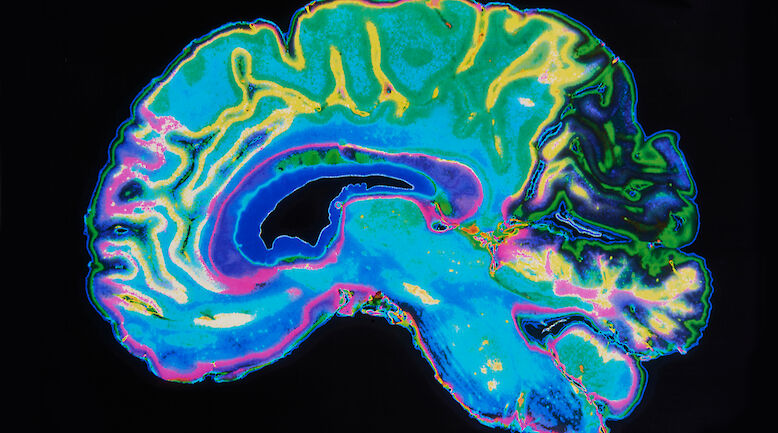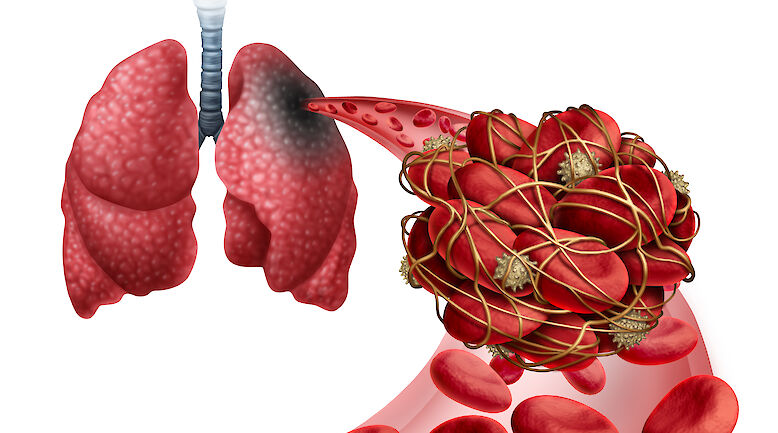Spouses of prostate cancer patients need support too

Background
Prostate cancer is the most common cancer in developed countries. Its incidence has been increasing due to widespread PSA testing and improved diagnostic techniques. Most patients are diagnosed in the early phase when the prognosis is good. An increasing number of men live for many years after the treatment. While the survival outcome is good, the quality of life (QoL) outcomes are impaired by negative effects of the treatments, including urinary, sexual, and bowel dysfunction and bother. The psychosocial experiences of prostate cancer patients and their partners seem to be similar; the partners suffer negative changes in their psychological well-being and may report even more cancer-specific distress than the patients. The partners may confront distressing uncertainties and demands, including the threat of losing the husband or companion, and they usually share the experiences and psychological distress of the patient. Adverse impacts of prostate cancer treatment may jeopardize the intimate life of a couple, which may reduce the spouse’s QoL. In addition, the partner or spouse is an important source of social support for the patient, while the patient may also support the partner.
Participants and Methods
A total of 106 spouses of newly diagnosed prostate cancer patients from a urological out-patient clinic of Tampere University Hospital, Finland completed a questionnaire inquiring, e.g., about their psychological reactions, sources of information and support, impacts of prostate cancer on partnership and sex-life, side effects of treatment, as well as social support given to and received from the patient. Their psychological symptom distress was measured. We investigated predictors of the symptoms and the support given to and received from the patient.
Results
Many spouses had had distressing experiences and all reported psychological symptoms. No impact of the prostate cancer on the partnership was reported by 68% of the spouses, whereas 29% reported no impact on sex-life. Psychological distress was associated with younger age, having children at home, fear of death of the patient, and impact of side effects of the treatment. Perceived support from doctor(s) was associated with less distress. The spouse supported the patient more when she had received information and support from doctors and the patient suffered from sexual dysfunction and pain, and less when she was feeling blue, perceived no impact of prostate cancer on the partnership, and the patient was irritable or angry. Information from doctor(s) and shock predicted the support she received from the patient.
Conclusion
Spouses of newly diagnosed prostate cancer patients suffer from psychological distress. The information and support received from the doctor seems to associate with the spouses’ better well-being and more mutual support of the couple. The partners’/spouses’ participation in prostate cancer treatment and care is likely to increase their well-being and ability to support the patient. Means to enhance the partners’ well-being should include improved communication with doctors. The results highlight the importance of also taking into account the well-being of prostate cancer patients’ partners.












